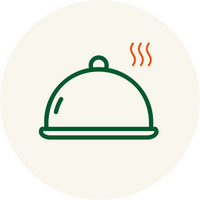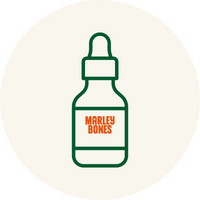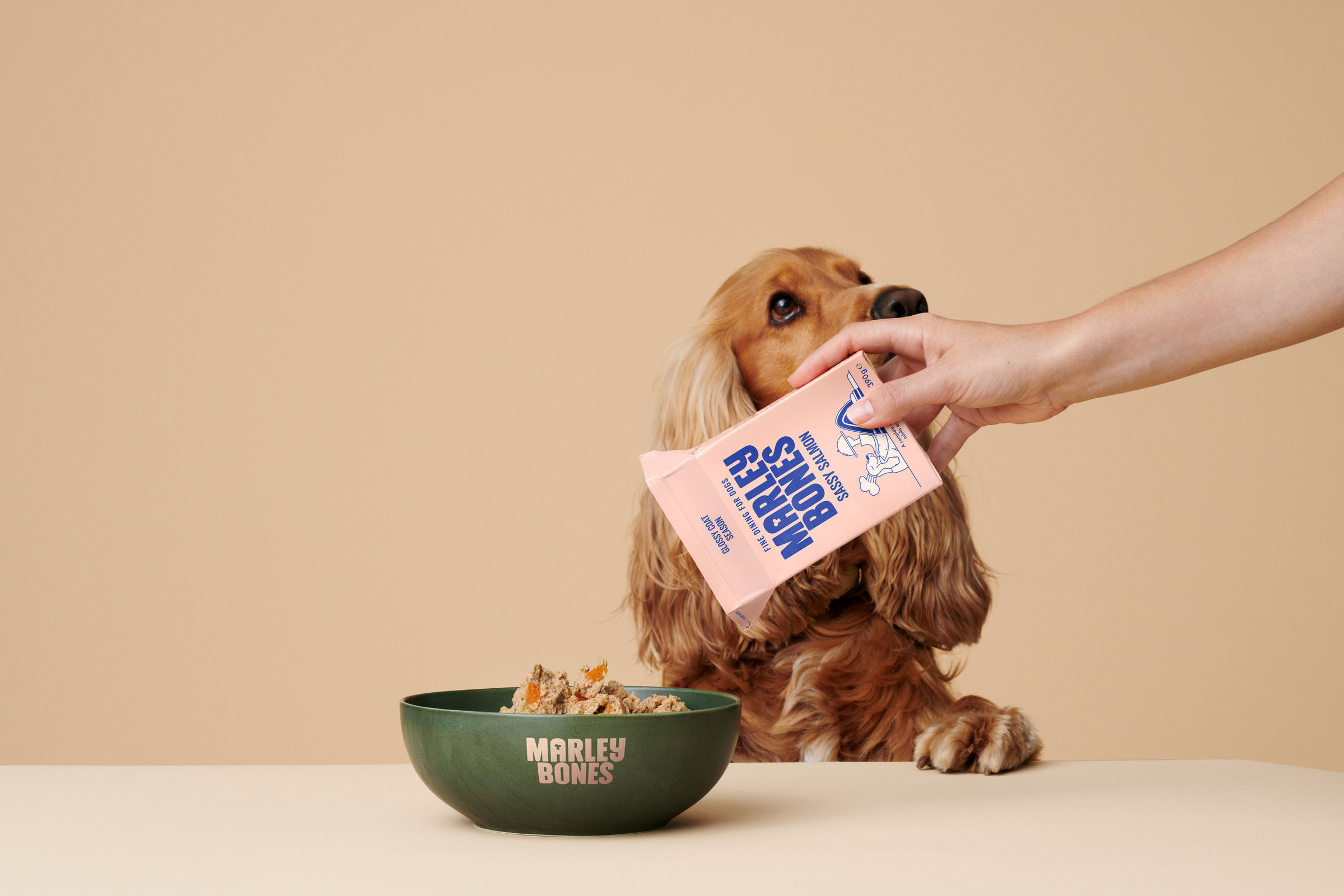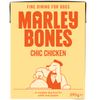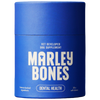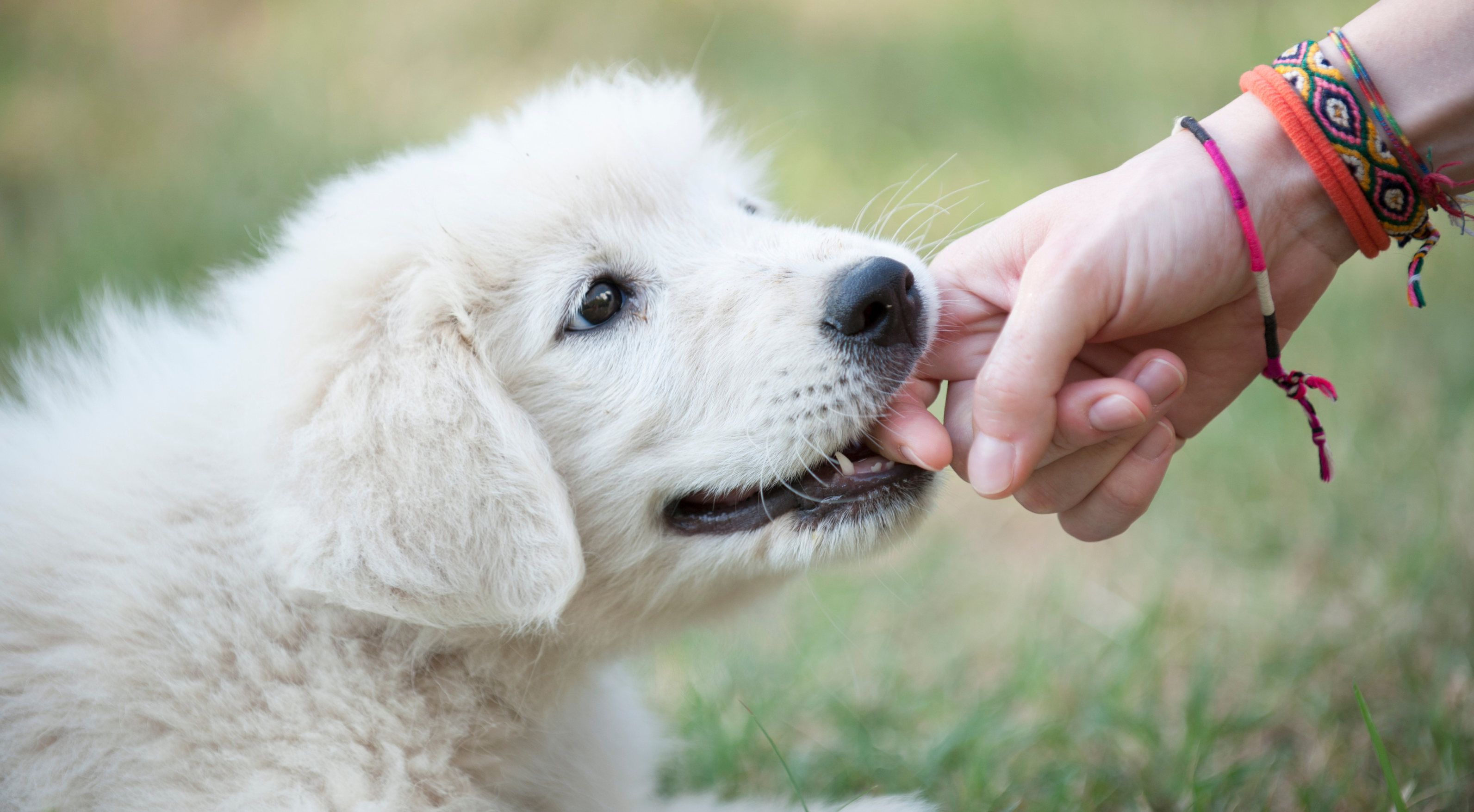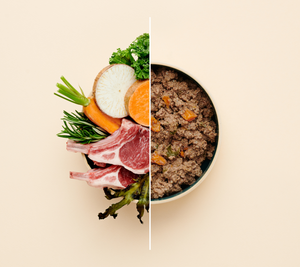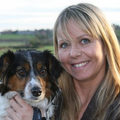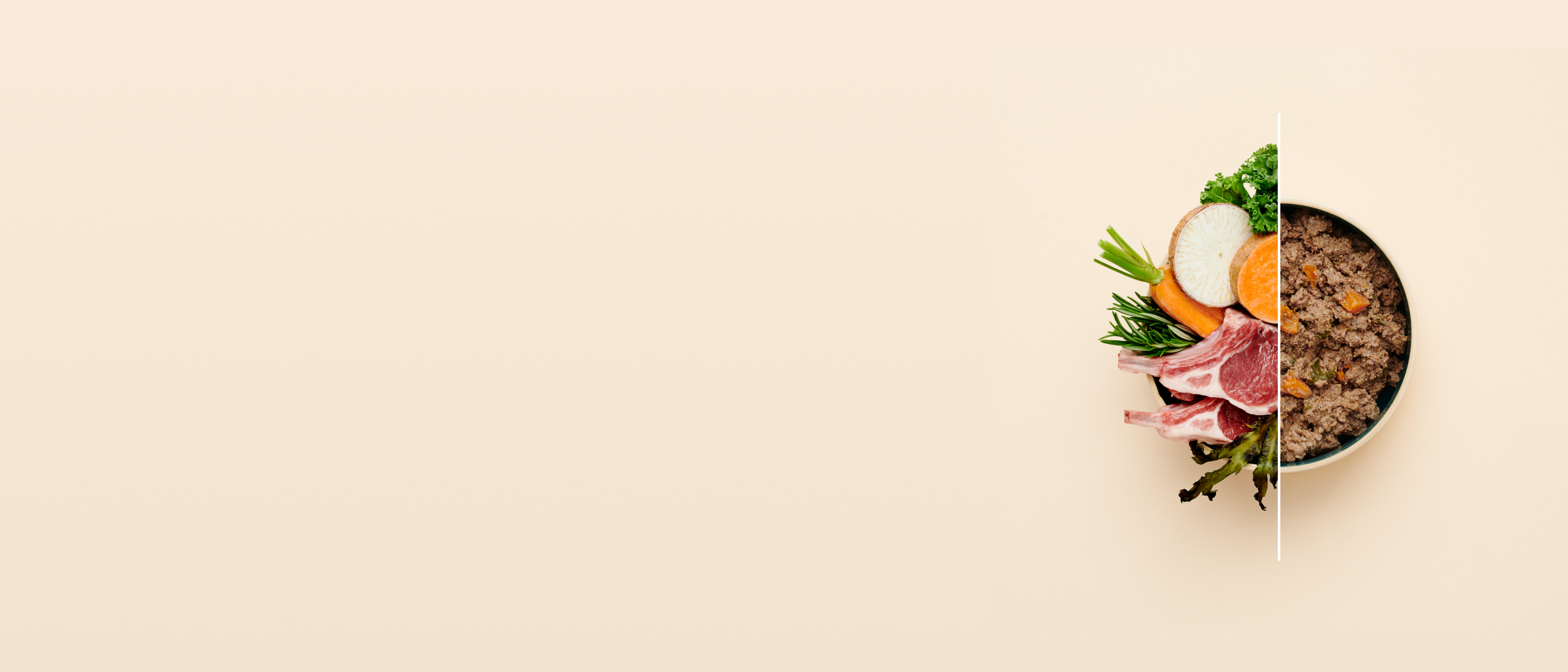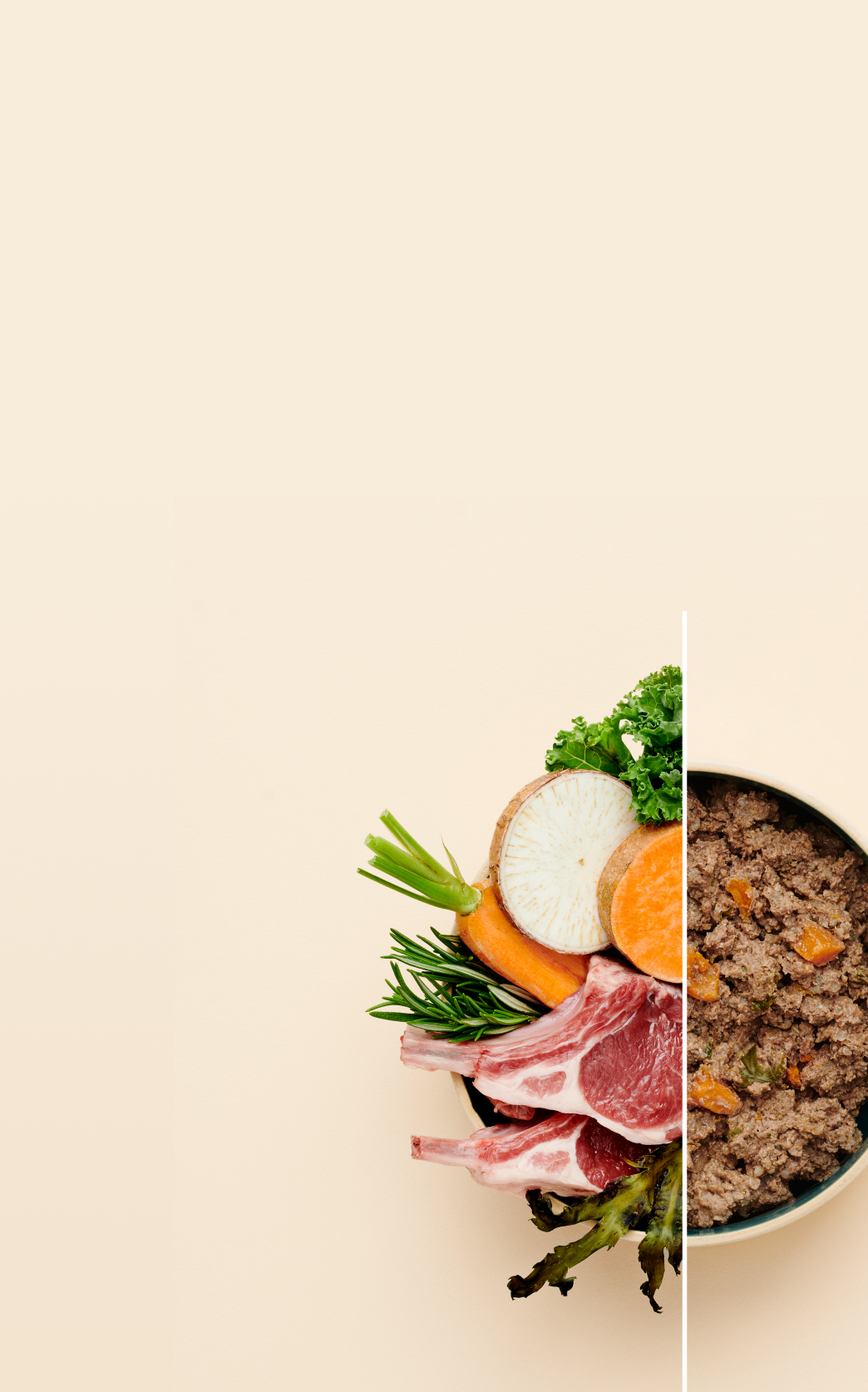Why Is My Puppy Biting - How Do I Help Them Stop?
Puppy biting can be frustrating, exhausting and, let’s be honest, a little painful. It’s one of the most common challenges new puppy parents face. But before we can teach our puppies to stop biting, we need to understand why they’re doing it in the first place.
To change a behaviour, we have to think like little behaviour detectives. That means looking at what’s happening before the biting starts, what the biting looks like, and – crucially – what happens immediately after. The cause isn’t always obvious at first, but with a little observation and a lot of empathy, you can usually figure it out.
Let’s explore some of the most common reasons behind puppy biting – and what you can do to help.
Is Your Puppy Overtired?
Sleep-deprived puppies are nippy puppies. Most new dog owners are surprised to learn that puppies need up to 18–20 hours of sleep a day. When they don’t get enough rest, they can become wired, cranky, and much harder to settle – a bit like an overtired toddler.
Working breeds like spaniels, collies and Malinois can struggle more than others to wind down, because they’ve been bred for stamina and high energy. Helping your puppy to settle into a consistent sleep routine is one of the most powerful ways to reduce biting.
Use sleep associations like calming music or natural scents (lavender or Pet Remedy are great). Introduce them while your puppy is already sleepy, so they associate those cues with winding down. A crate or puppy pen, if introduced positively, can become their safe, calm zone for rest.
Chewing and licking help soothe a puppy and prepare them for sleep too – things like Lick-mats, frozen Kongs or natural chews are brilliant.
Is Your Puppy Teething?
Just like babies, puppies go through teething – and it’s not fun for them. The discomfort in their gums drives them to chew, gnaw and bite to try to get some relief.
Having frozen carrots ready in the freezer can work wonders. They’re cheap, safe, and feel great on sore gums. A stuffed Kong (especially frozen) filled with soft food, mashed banana, or a little natural yoghurt can also help ease the pain and keep them busy.
Puppies begin teething around 16 weeks, and you can expect their full set of adult teeth by about 7–8 months.
Is Your Puppy Overexcited?
Puppies that are too hyped up often bite more – it’s how they express their excitement. If you’ve got a busy household, especially with kids, this can be a frequent trigger.
In this case, prevention is better than cure. Create physical separation when needed using a puppy gate, pen or crate. It’s really important your puppy likes these spaces, so take the time to build a positive association using chews, toys, and calm interactions.
Is Your Puppy Frustrated?
Frustration can easily spill over into biting, especially during training. Keep training sessions very short – around 30 seconds to a minute is more than enough for a young pup. Multiple short sessions throughout the day are far more effective than long ones.
If your puppy is getting snappy or struggling with a cue they’ve previously nailed, they’re probably over it for now. That’s your sign to pause.
You can also begin to teach impulse control as part of play and training – letting your pup learn that calm behaviour leads to fun, and excitement pauses the game. A simple cue like "all done" combined with empty hands helps them understand when the fun is finished.

Does Your Puppy Need the Toilet?
Zoomies followed by biting can be your puppy’s not-so-subtle way of telling you they need to go out. Very young puppies need frequent toilet breaks – after waking, after eating, after playing – yes, that’s a lot. But it really pays off, both for toilet training and bite prevention.
Is Your Puppy Stressed?
Fear or anxiety can lead a puppy to bite. Often, what looks like aggression is actually fear-based behaviour – your puppy is trying to make something go away, not pick a fight.
Avoid shouting or trying to assert dominance – it’ll only make things worse. Instead, give your pup a breather. A short time in their crate or pen with a tasty chew can give both of you time to reset.
Does Your Puppy Just Want To Play?
Puppies are wired to play with their mouths – it’s how they interact with the world. So some biting is normal. The key is to guide it gently and positively. Use long tug toys to create space between their teeth and your hands.
You can use play as a way to build impulse control – slow the game down when they get too worked up, and restart once they calm down. It teaches them that calmness keeps the fun going.
Should I Yelp When My Puppy Bites?
You’ve probably heard that yelping can stop puppy biting – but in truth, it often does more harm than good. Some puppies get more excited by the noise, and others can become wary of you.
Instead, if your puppy bites too hard, slowly withdraw your hand and redirect them to an appropriate toy or chew. Keep your movements calm and deliberate. It takes the drama out of the moment, and helps your puppy reset.
The Final Woof
It won't last forever! Biting is a normal part of puppy development. They explore the world through their mouths, and with patience, understanding and positive reinforcement, the biting phase will pass.
If you're struggling or need support with puppy training, you’re not alone. Reach out – we’re always happy to help.

